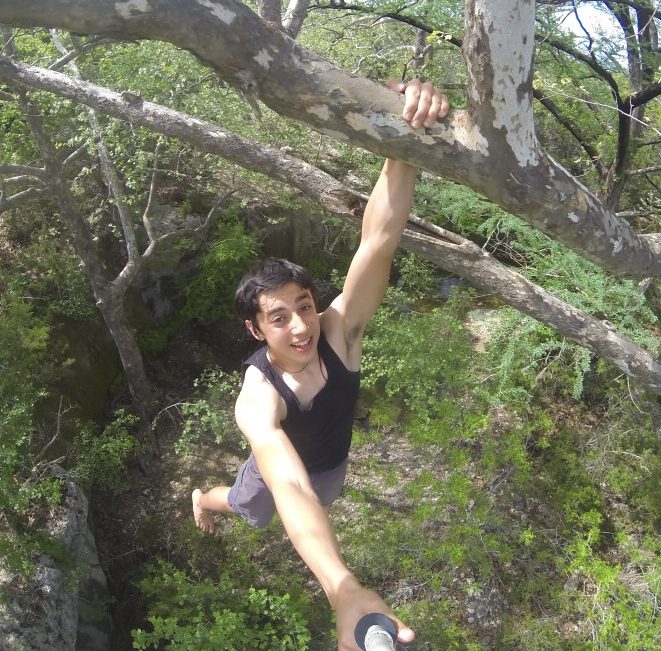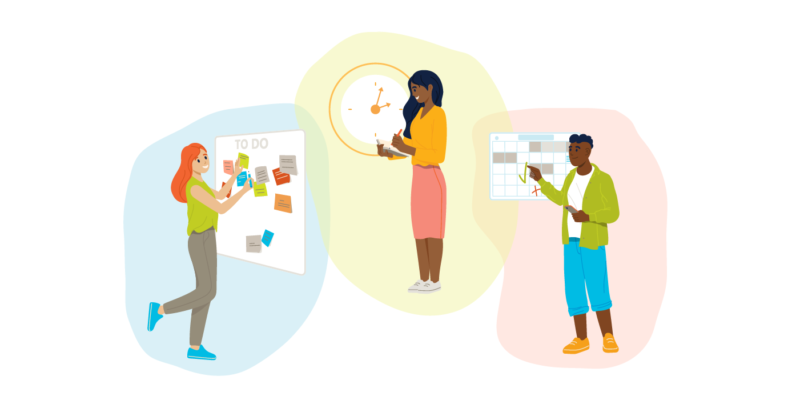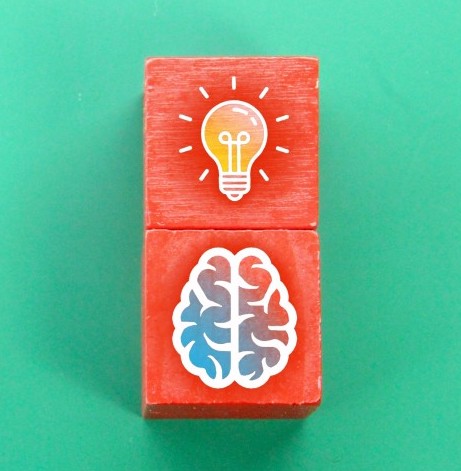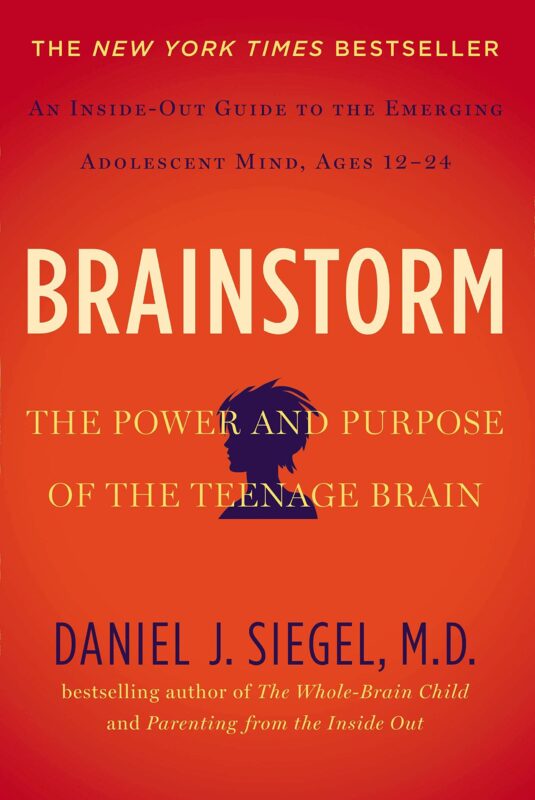
We want our children to make wise, well-reasoned decisions. Our desire to keep them safe drives our need to shape those decisions. How we talk to our tweens and teens can make the difference between whether they absorb our lessons Read more >>
Request an Appointment
English: 650.688.3625
Medi-Cal: 650.688.3650
Resource Library » cognitive development

We want our children to make wise, well-reasoned decisions. Our desire to keep them safe drives our need to shape those decisions. How we talk to our tweens and teens can make the difference between whether they absorb our lessons Read more >>

Want to Understand Your Adolescent? Get to Know Their Brain
For the parents of a teenager, adolescence can be a challenging time. But to a brain scientist, it’s a marvel. “I want people to understand that adolescence is not a disease, that adolescence is an amazing time of development,” says Read more >>

Executive Functioning and Learning
Our brains are not fully developed until the mid-20s, so it’s no wonder that our adolescents still need help with the all important executive functioning skills. In this episode, we talk about the often underestimated yet pivotal aspect of cognitive Read more >>

10 Things to Know About How Social Media Affects Teens’ Brains
Mitch Prinstein, the chief science officer at the American Psychological Association (APA), spoke to the Senate Judiciary Committee about how social media platforms may impact youth development. NPR distilled it down to 10 useful takeaways. Read more >>

Sleeping Less Than Nine Hours Could Affect Kids’ Memory and Mental Health
Elementary school-age kids who sleep less than the recommended number of hours per night exhibit differences in brain regions associated with memory, intelligence and well-being, according to a recent study. Read more >>

Children’s Sleep Linked to Brain Development
Scientists have long recognized that getting enough sleep during childhood can benefit developing brains. However, the underlying brain mechanisms are not well understood. And although experts say that children ages 6 to 12 should get at least nine hours of Read more >>

Talking With Babies and Toddlers: Why More Talk Is Better
Talking with your baby or toddler can help their language and communication development. The more you talk with your baby or toddler, the better. This is because parents who talk a lot to their young children use many different sounds Read more >>

Early Childhood — The Impact of the Early Years
Jonas Miller, a researcher focused on brain functioning in young children, talks about the long-term effects of early childhood experiences. Read more >>

How Does The Teenage Brain Make Decisions?
Teenagers often make risky choices that appear absurd in the eyes of their parents. But neuroscientist Adriana Galván says these decisions are critical for adolescent brain development. Read more >>

Brainstorm: The Power and Purpose of the Teenage Brain
Between the ages of 12 and 24, the brain changes in important, and oftentimes maddening, ways. It’s no wonder that many parents approach their child’s adolescence with fear and trepidation. According to renowned neuropsychiatrist Daniel Siegel, if parents and teens Read more >>
English: 650.326.5530 | Español: 650.688.3650 | Fax: 650.688.3669
English: 650.326.5530
Español: 650.688.3650
Fax: 650.688.3669
Get Help: 650.688.3625 | Medi-Cal: 650.688.3650 | careteam@stage.chconline.org
English: 650.668.3625
Español: 650.688.3650
careteam@stage.chconline.org
© 2024 Children’s Health Council. All rights reserved.
CHC Palo Alto: 650 Clark Way, Palo Alto, CA 94304 | 650.326.5530
CHC South Bay: 2280 Kenwood Avenue, San Jose, CA 95128 | 408.831.7512
CHC Ravenswood: 1765 E Bayshore Rd, East Palo Alto, CA 94303 | 650.702.2487
CHC Palo Alto:
650 Clark Way, Palo Alto, CA 94304
650.326.5530
CHC South Bay:
2280 Kenwood Avenue, San Jose, CA 95128
408.831.7512
CHC Ravenswood:
1765 E Bayshore Rd, East Palo Alto, CA 94303
650.702.2487